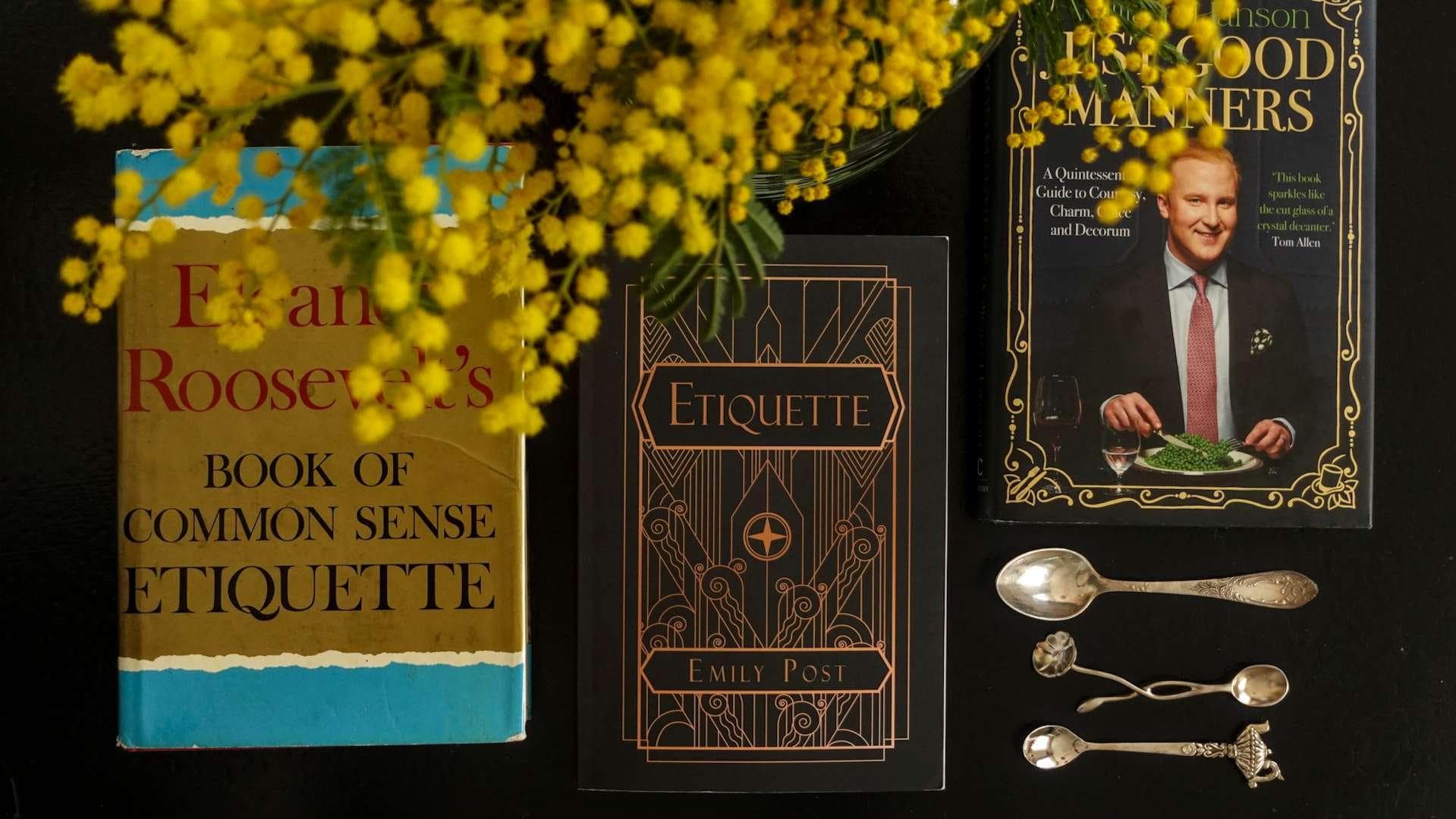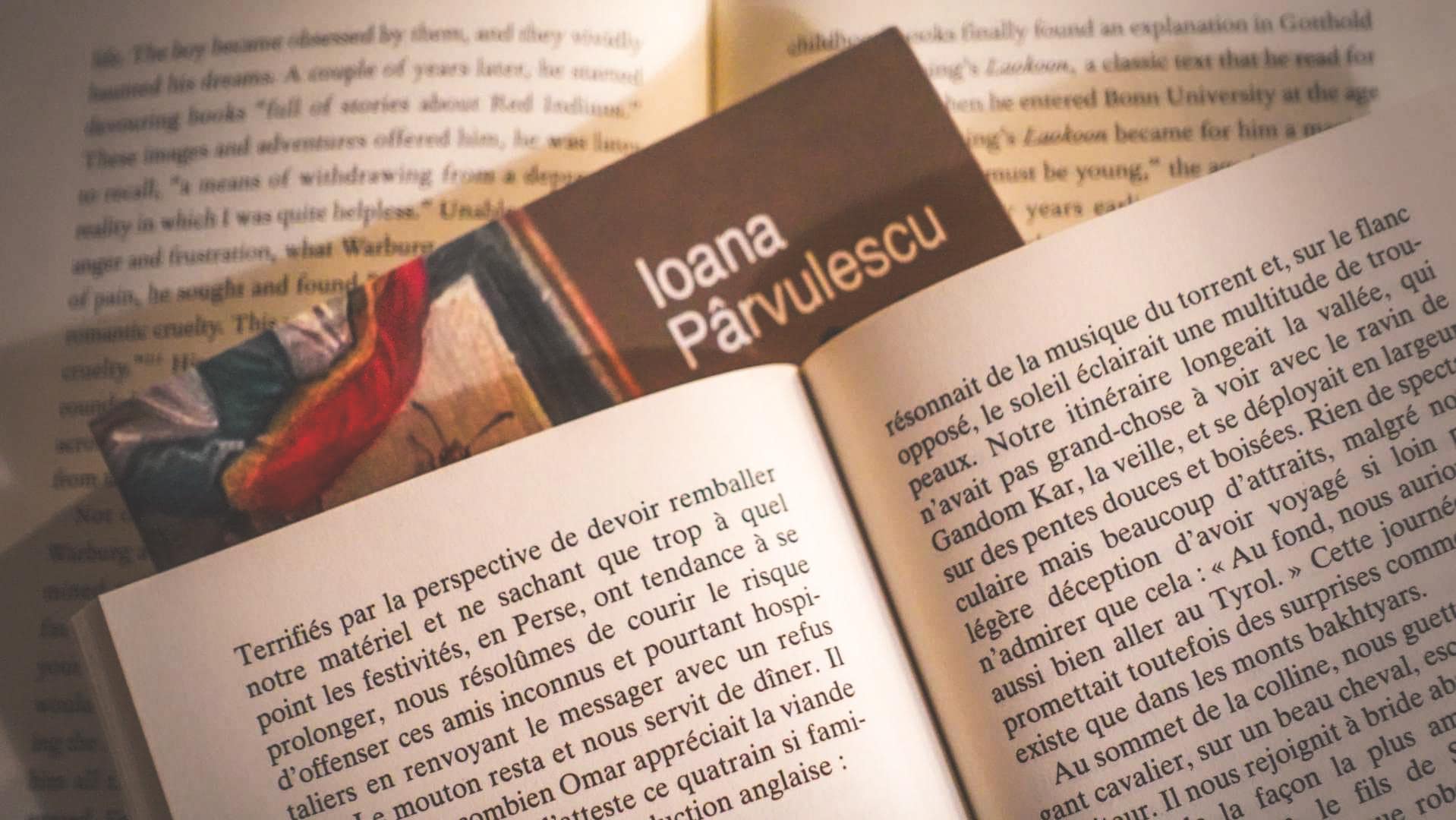Today we are setting sail for the hypnotic Ibis Trilogy of Amitav Ghosh, with Sea of Poppies, River of Smoke and Flood of Fire.
We begin in Calcutta – India , in the first half of the 19th century, as we start to understand the intricate system of opium production, which will eventually lead us in Canton – China for one of the biggest markets of the time, while our characters attempt to blend two very different cultures and reveal to us the context leading to the First Opium War.
My Favourite Character
In the colonial setting of Calcutta, an unexpected personality proves to be a refreshing blend of East and West, in the person of Paulette. A French orphan under the protective wing of a British couple, Paulette has learned more from her botanist father than one might suspect. She embodies the fierce, courageous, determined Western woman, who’s not affraid of embarking in a perilous sea voyage in order to take control of her life, while at the same time proving herself spiritualy connected to higher values. River of Smoke gives us one of the best examples :
To her father who had taught her what she knew of botany, the love of Nature had been a kind of religion, a form of spiritual striving: he had believed that in trying to comprehend the inner vitality of each species, human beings could transcend the mundane world and its artificial divisions. If botany was the Scripture of this religion, then horticulture was its form of worship: tending a garden was, for Pierre Lambert, no mere matter of planting seeds and pruning branches–it was a spiritual discipline, a means of communicating with forms of life that were necessarily mute and could be understood only through a careful study of their own modes of expression–the languages of efflorescence, growth and decay: only thus, he taught Paulette, could human beings apprehend the vital energies that constitute the Spirit of the Earth.
– Amitav Ghosh, River of Smoke
Top 3 Details
- An Indian view of Indian history : A story both authentic and exotic for a European reader, with so many indian and chinese words and expressions, in their various dialects, that create a truly immersive storyframe
- The richness of the descriptions : throughout the trilogy, the narrative is strongly supported by detailed descriptions of scenery, of historic context and even of the character’s feelings. This might sometimes burden the reader with too many details and disrupt the rhythm of the story, however, I find that Amitav Gosh has mastered the balance of descriptive and narrative passages, and offers us a very large pannel of images to construct our own story.
- A balanced point of view : the novels bring to life a difficult historic time, with many aspects on either side of the story. While it would be easier to side with the good guys and codemn either drug use and traffiking, or polygamy for example, Amitav Ghosh manages to present two sides of the same coin with such sharpness, that many of the characters are both loved and hated for their actions. I believe this to be a very subtle explanation for the fact that two centuries later, many of these issues are still present in our society.
Favorite Quote
How was it possible that a small number of men, in the span of a few hours or minutes, could decide the fate of millions of people yet unborn ? How was it possible that the outcome of those brief moments could determine who would rule whom, who would be rich or poor, master or servant, for generations to come ?Nothing could be a greater injustice, yet such had been the reality ever since human beings first walked the earth.
Amitav Ghosh, Flood of Fire
The Ritual
I’m currently immersed in The Ibis Trilogy, and the story is absolutely mesmerizing. Every time I put the book down, I find myself wishing I could step into that world—another place, another time…
Here are a few rituals that help me bring the story to life:
I start my day with meditation.
Admittedly, this isn’t something I do only when reading about India, but it’s a ritual that I associate closely with discovering elements of Indian culture. I sit comfortably and choose a crystal from my collection to guide the meditation. This morning, it was the Imperial Topaz that called to me—its warm, honeyed glow inspired me to take my first steps toward a joyful day. After a few slow breaths, I focus on my mantra.
With my spirit awakened and my intention set—to move through the day with joy and gratitude—it’s time to wake up my body.
My favorite way to do this? A steaming cup of Masala Chai. You can easily make your own spice blend using ginger, black pepper, cardamom, cinnamon, and cloves—or find a ready-made version at your local Indian grocery. I begin with equal parts water and milk and add a generous half-teaspoon of the spice blend. Once it comes to a boil, I let it simmer for about five minutes. Then I turn off the heat, add some quality black tea leaves (English Breakfast or a classic Assam blend works perfectly), and let it infuse for 4 to 5 minutes. Strain into your favorite cup, and you’ve got the perfect morning pick-me-up.
One of the easiest ways for me to extend my reading experience beyond the page is through cooking.
As we all know, Indian cuisine is incredibly rich and diverse, though often reduced in the West to a generic “curry.” In my effort to honor authentic Indian flavors, I fell in love with Rogan Josh—a dish that, surprisingly, taught me to appreciate lamb (and believe me, that wasn’t an easy task!). So for lunch, I’ll be making a Lamb Rogan Josh. Be sure to watch the Ritual video for the full recipe :
When it’s time to return to the book, I like to create an ambiance that suits the mood.
I light some incense—coincidentally, I have one with an opium-inspired fragrance—and enjoy its bold, evocative scent while listening to Indian flute music. The Meditative Mind channel on YouTube has some beautiful Indian flute videos—highly recommended if you’d like to set a similar atmosphere. You can check them out here.
I hope you’ve enjoyed these Indian-inspired rituals that accompany my reading time. I’d love to hear about your favorite Indian music or dishes—feel free to leave a comment below so we can chat about it! And of course, have a look at my YouTube video dedicated to the Ibis Trilogy that I’ve linked below.
Until next time, enjoy your reading and your rituals !
If you would like to support The Ritual of Reading, please consider purchasing your books from the Bookshop.org dedicated site by clicking the link below. You get to support local bookstores and I make a small commission with every purchase. Thank you !





